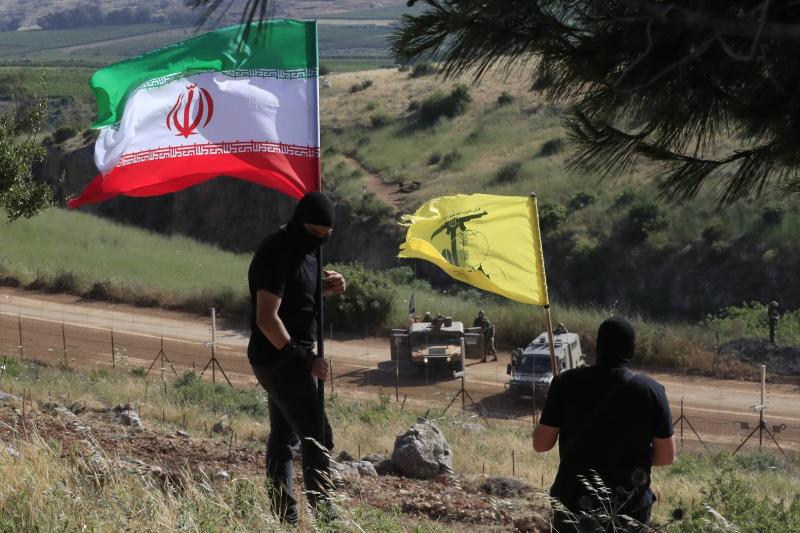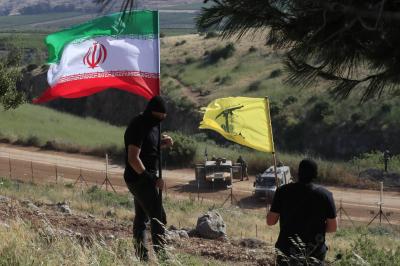The assassination of Hamas political bureau chief Ismail Haniyeh in Tehran and Hezbollah military leader Fouad Shukr in southern Beirut at the end of July has shed more light on Iran and its proxies in the region amid threats of revenge. What do we know about these "proxies"? According to Iranian affairs expert Jaber Rajabi, "the establishment of proxies" (referring to the armed groups supported by Tehran in several Arab countries, primarily Hezbollah in Lebanon) was aimed first and foremost at protecting the Iranian regime from danger, secondly at using them as a card in regional and international negotiations, and thirdly at influencing targeted countries through them.
He added in statements to "Al Arabiya.net/Al Hadath.net," that indeed, "Iran has somewhat achieved these three goals over many years," clarifying that it "managed to avoid direct engagement in conflicts and benefited from the proxies as a winning card in negotiations to gain advantages." He also noted that Iran has significantly influenced countries like Iraq, Yemen, Syria, Lebanon, and even in Africa through its proxies, pushing its internal political goals in these countries.
Rajabi continued, saying: "However, after October 7th, which I believe was a purely Iranian decision, the equation changed somewhat, as Tehran could not remain distant from the conflict as it hoped and has been subjected to the fire of this war repeatedly." He pointed out that "on the other hand, negotiations that relied on the proxy card did not take the course it desired, even internal politics in the targeted countries began to drift a little from what Iran aspired to, such as Syria's rapprochement with the international community, the Iraqi government's control over certain factions, and the fluctuating situation of Hamas among the residents of Gaza."
Furthermore, he considered that "the worst blow came after the direct confrontation between Iran and the U.S. and then Israel, as doubts began to creep into those factions regarding the military and security strength of their primary supporter," explaining that "the Iranian regime has always sought to present a superhuman image to its proxies and supporters, but this image has now been tarnished."
He continued by saying: "Even major proxies like Hezbollah did not take responsibility for revenge on behalf of Tehran and indicated in their statements that Iran must take actions to restore its prestige." Rajabi also noted that "what is clear now is that the response of the proxies on behalf of Iran will not change the equation; rather, it may harm Tehran more. Moreover, Iran must prove itself before its proxies, as their morale has reached its lowest levels after repeated defeats and the assassination of leaders, which is seen as an indicator of deep Israeli infiltration."
He added: "Although Hamas may be an exceptional case among the proxies, the position of Yahya Sinwar is also linked to Iran's position, while Hezbollah also realizes that its standing in the coming years depends on Iran's regional standing." He concluded by stating that "it can be inferred that the proxies may participate in responding for Iran, but they cannot retaliate on its behalf."




